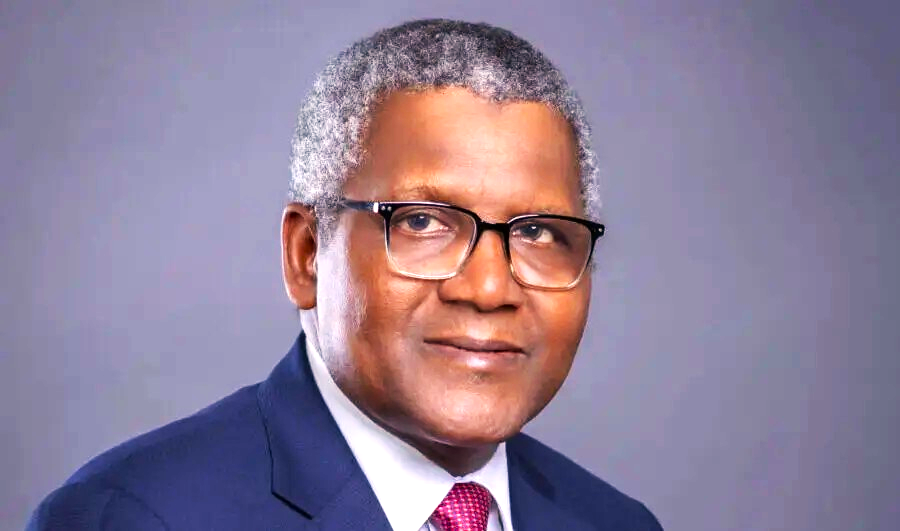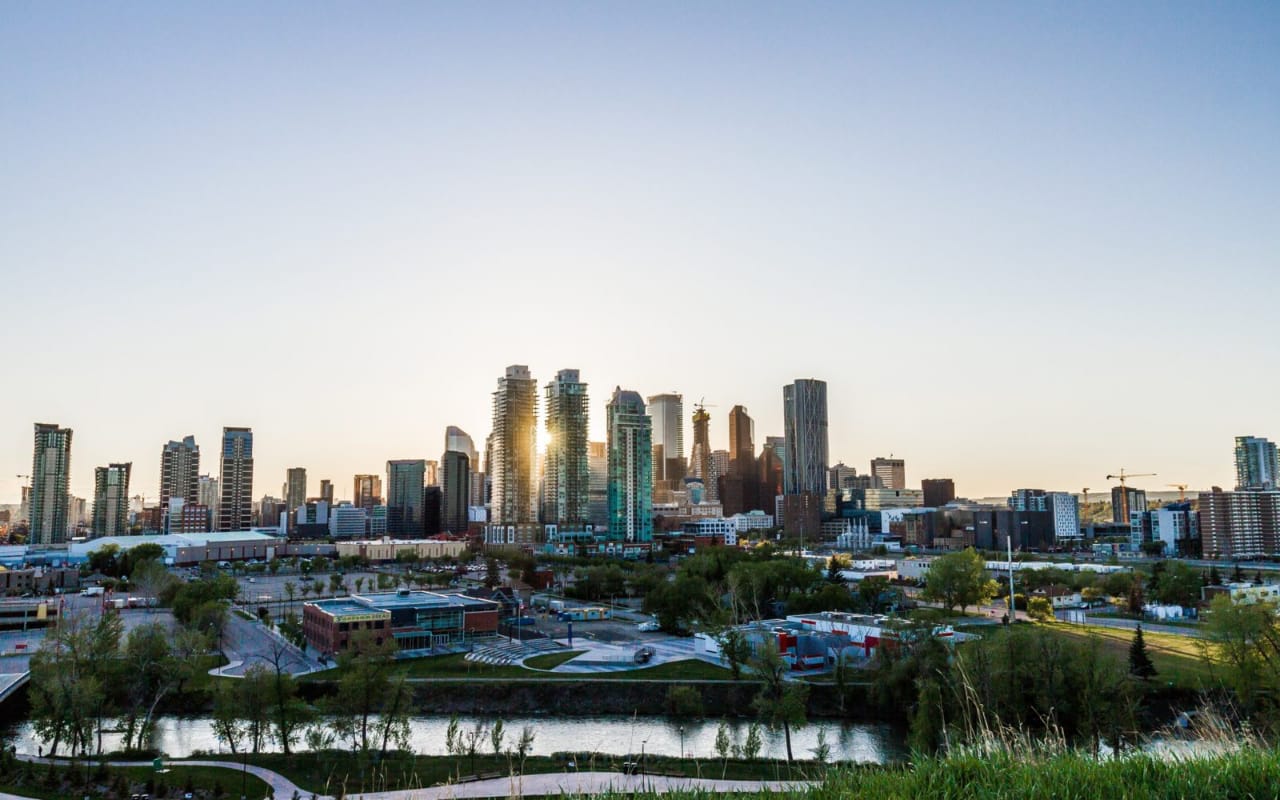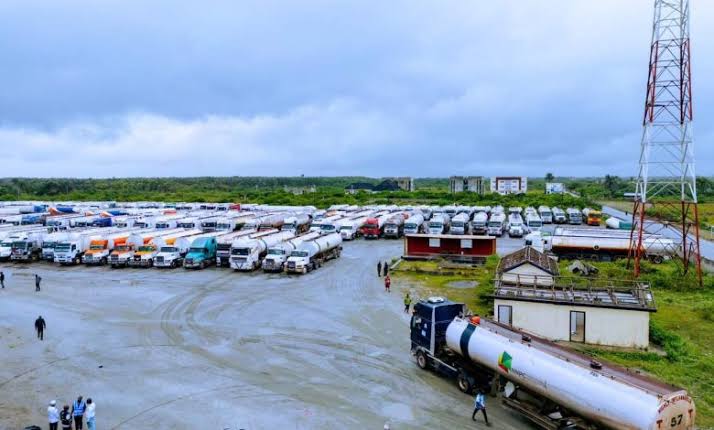The Chairman of Dangote Group, Aliko Dangote has raised the hope of Nigerians that his 650,000 refinery will soon commence selling petrol to marketers below the current rates like he did for diesel and aviation fuel
It would be recalled that when the Dangote refinery released diesel and aviation fuel, the price of the products crashed at filling stations from N1700 to N1200
Dangote made the disclosure at a recent Afreximbank Annual Meetings and AfriCaribbean Trade & Investment Forum in Nassau, The Bahamas.
He explained that when his fuel flooded the Nigerian market the price of diesel fell from 1,700 saying that it crashed to N1,200 eventually
He noted that his refinery currently has 4.78 billion litters of storage capacity for refined petroleum products.
“The issue of gasoline is certainly a different issue. That one is being dealt with by the government. But let me give you an example. In diesel, which the industries, transporters and everybody consume; when we first started, it was N1,700, and the dollar conversion was about N1,200 then. Immediately when we started, within two weeks we brought down the price to N1,000. We took it from N1,700 to N1,200 and from N1,200 to N1,700, we have given more than a 60 percent drop in price.
“With the currency now back up to about N1,500 per dollar, the price is still below N1,200. That’s a big improvement, from N1,700 to N1,200. And the diesel is available, we are not living from hand to mouth anymore,” Dangote replied when asked about a possible petrol price cut.
“The country doesn’t have strategic reserves in terms of petrol, which is very dangerous. But in our plant now, when you came, we had only 4.78 billion litres of various tankage capacity. But right now, we’re adding another 600 million.
“So effectively, as we go forward, the refinery will be the strategic reserve of the country in terms of petroleum products,” he noted.
The business mogul accused the international oil companies of refusalal to sell crude oil to his refinery just because they did not want him to succeed.
“And I think that is the process that we’re now really going through. But the truth is that, yes, the country, the sub-region, and also the continent, of sub-Saharan Africa, need this refinery. So, you expect them to fight through non-supply of crude, non-purchase of the product, but I think it’s all temporary. We’ll get there,” he added.
Recall that Dangote Refinery turned to the US for 24 million barrels of crude supply monthly.
Consequently, the refinery shifted the date to commence supply of fuel to July 10–15, 2024, from June.
Dangote promises to also crash petrol price like diesel, aviation fuel




